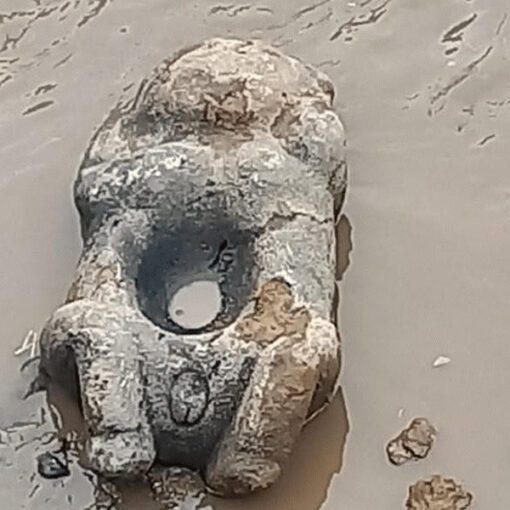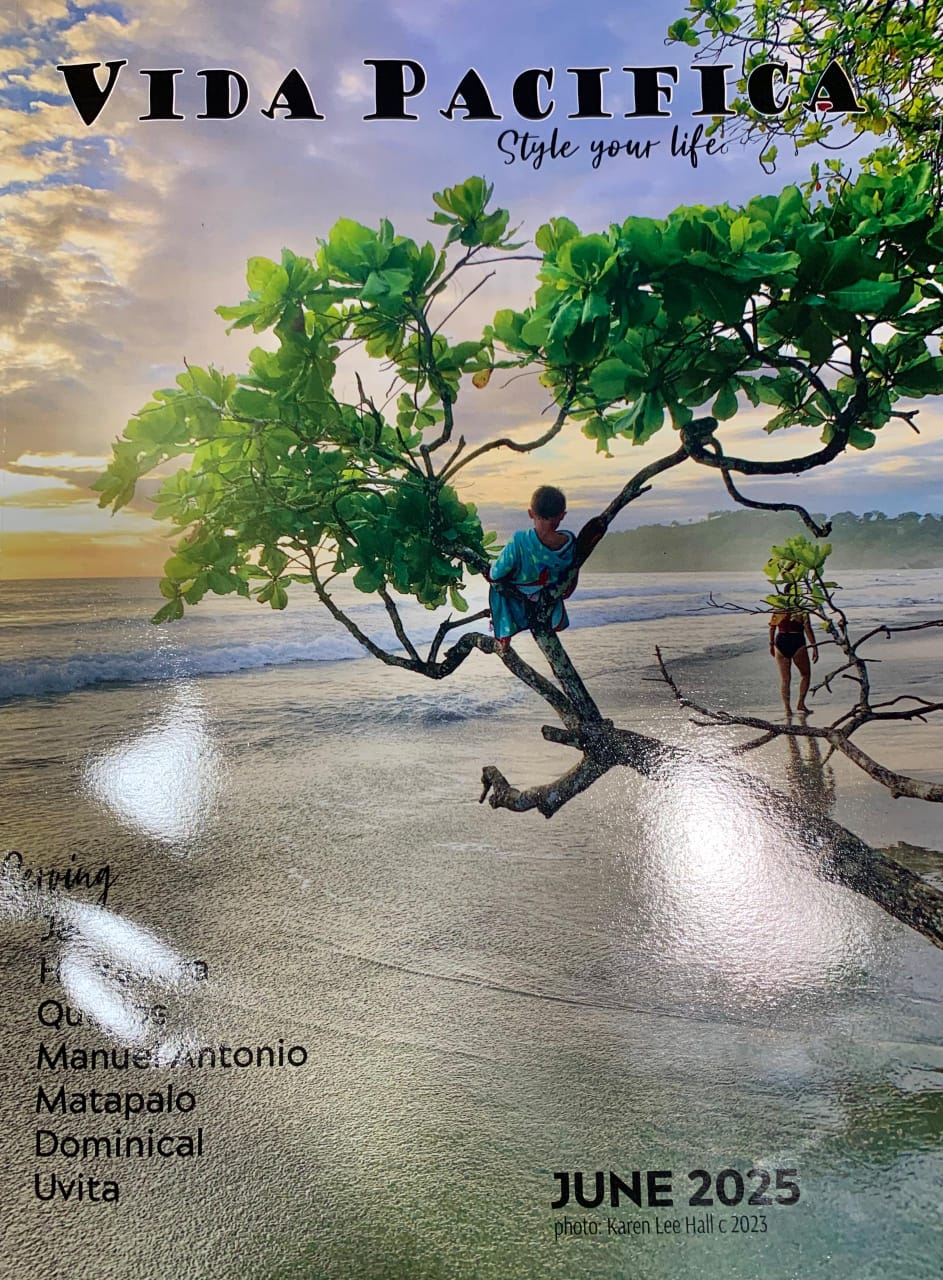In a striking deviation from its image as a Latin American beacon of welfare and democracy, Costa Rica is grappling with the decay of its state services. The capital, San José, recently witnessed a mass protest against these shortcomings, calling upon President Rodrigo Chaves to address the funding crisis in public services.
The Protest for Change
On October 25th, thousands took to the streets of San José. With music and placards, the crowd’s demands were clear: increased funding for education and support for the Caja, the crucial institution responsible for healthcare and pensions. Education funding, constitutionally mandated to be 8% of GDP, has been a particular point of contention.
Costa Rica’s Diminishing Stature
Once lauded for its universal healthcare, education, and democratic institutions, Costa Rica is now seeing these pillars wobble. The current presidential focus on austerity has exacerbated concerns, especially against the backdrop of rising violent crime and the need to deter youth from gang involvement.
Presidential Stance and Criticism
President Chaves acknowledges the decline in public services but attributes it to decades of mismanagement. He expresses support for public demonstrations but insists that financial constraints limit his government’s ability to increase spending on health or education. Chaves’s stance, however, is met with skepticism, with critics accusing him of using fiscal prudence as a pretext for a broader overhaul of the welfare state.
Economic Challenges and Fiscal Policies
The economic strain, deepened by the pandemic, saw Costa Rica’s debt-to-GDP ratio soar to 68% in 2021. Chaves has managed to reduce this to 60%, but his methods have raised concerns. His claim of the Caja being “bankrupt” has been contested by former heads of the institution, adding to the public mistrust.
Controversies and Public Sentiment
Chaves has also raised eyebrows by criticizing other liberal institutions, including public universities and independent media. Despite these controversies, his approval rating remains over 60%, suggesting a complex public sentiment towards his administration.
As Costa Rica confronts these challenges, the once-celebrated success story appears to be unraveling. The nation stands at a crossroads, balancing economic realities with the imperative to preserve its cherished welfare state.
Source link
admin



